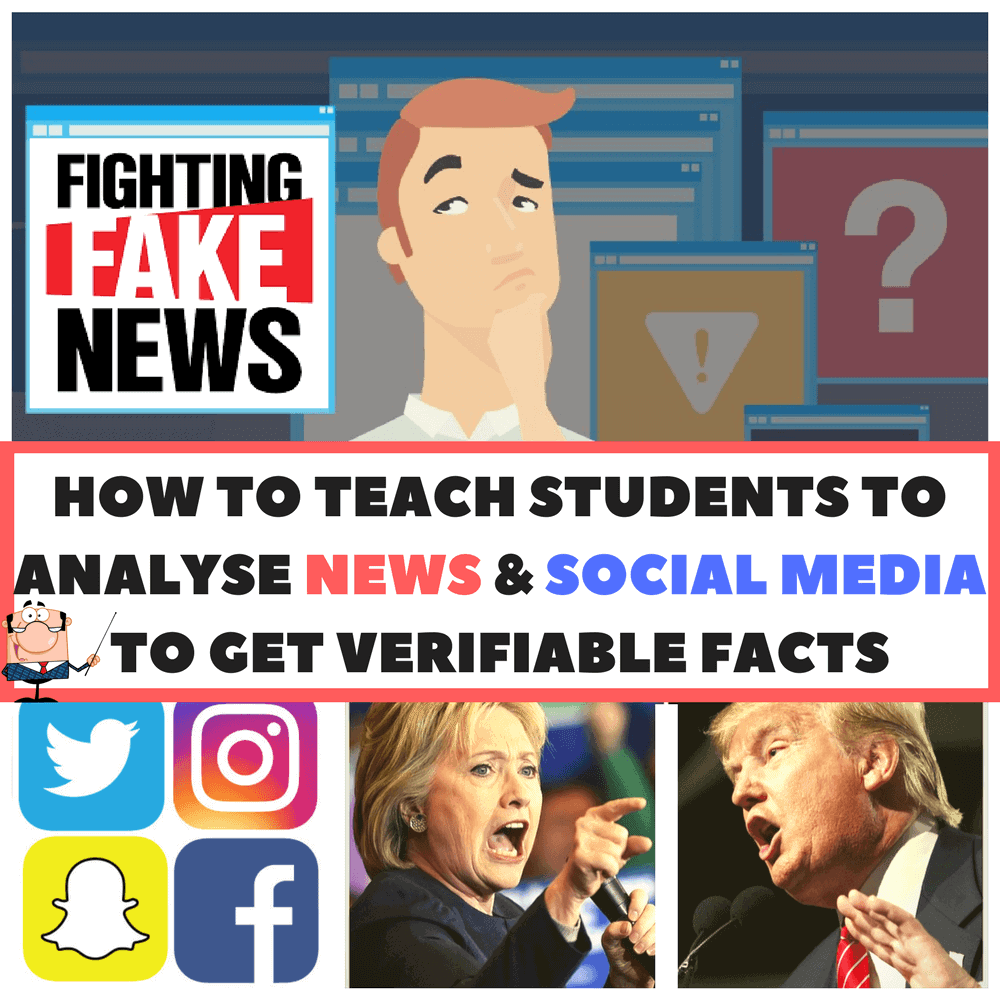

Hot Take: In a world where sensational headlines and carefully curated narratives abound, remember, that critical thinking is your trusty shield against the fiery dragons of misinformation. Embrace it, and you'll be the Daenerys Targaryen of the media realm, navigating the twists and turns of information with wisdom and discernment. So, wield your critical thinking sword, my friend, and let's slay those misinformation dragons together.
Is this content hitting the mark for you? If so, consider supporting my work—buy me a virtual coffee! ☕ Your support keeps the ideas flowing. Thanks so much! 🙏 Please Contribute via GoGetFunding
In a dramatic escalation of global trade tensions, former Russian President Dmitry Medvedev has claimed…
In the dimly lit corridors of Global Affairs Canada, the air is thick with the…
Israeli Prime Minister Benjamin Netanyahu's recent visit to Hungary has sparked significant international debate, particularly…
The Russian Prosecutor General’s Office has officially banned the Elton John AIDS Foundation, labeling the…
The Indian Army has claimed that Pakistani troops engaged in "unprovoked" firing along the disputed…
Despite an agreement brokered by the U.S. to limit attacks on energy infrastructure, Ukraine continues…